#class disparity
Text
I’ve seen a lot of people talking about how the exorcists look like demons, and while I do understand where the complaint is coming from I also wanted to talk about how them looking like that kind of supports the narrative.
I’m going to start this off by staying this is from a perspective looking at the narrative presented to us in the Hellaverse, not any specific religion because 1) I am an atheist who doesn’t have the knowledge or background for making any calls on that and 2) the canon hasn’t confirmed this adheres to a specific belief system. There’s Adam and Eve and Hell and Heaven and yes, but this show arguably works as a parody of all of that.
Now that that’s established, I want to bring up one of the main points in the show: the idea that those in Heaven and Hell aren’t that different. In Helluva we’re shown the experiences of hell-born, and we even see cherubs later on who seem to fulfill the parallel role of them in Heaven (with the IMP vs CHERUB fight.) We also know that Lucifer was an angel in this canon. So some of the characters with the most authority in those domains are from the same stock.
The main difference seems to be punishment. Lucifer was punished for his actions and was given those who were deemed “Sinners.” The Hell born seem to be just natives living there and many seem to be products of their environment. So while Sinners may be “bad” and Winners “good”, all those born in Heaven or Hell have no reason for being there.
Whether exorcists are brought to heaven or made there, there is still that view of superiority. The way Lute talks makes it clear she’d be willing to kill the hellborn if she could, despite them not having done anything to be there like the Sinners. It’s similar to how some people born into high economic status view those born into lower. It’s just luck of the draw but now you have access to different opportunities and that influences the way you view others. Those born in Heaven probably look at those born in Hell and argue that if hellborn aren’t bad, then why does Hell suck? Ignoring the fact that Hell is established for the purpose of containing Sinners, who often end up being more powerful that the majority of hellborn.
Even some of the Sinners likely fall into that issue where people who gave to endure harsher environments may have to resort to more extreme measures to get by, and then punishment for it just causes them to need to do even more because their conditions worsened. As seen with the rate of people who keep returning to prison. With Hell some may have fallen down this path (think of Angel, who was born into a crime family, it’s likely a lot easier to fall into drug addiction then when you have access and more things you’d like to forget, but drug addiction can be a slippery slope and the other stuff he needed to do to survive basically condemned him.) Obviously not all Sinners fall into this category and are just monstrous pieces of shit, but they likely isn’t the case for everyone.
Then, once you get to Hell it’s essentially a larger prison, except you aren’t separated and are given powers, causing some of the more malicious individuals to rise up and acquire power, making it even more of a nightmare for everyone else. This continues that cycle of having to do certain things to survive. Similar to have in jail that fear of getting hurt by some violent people make you align yourself with slightly less violent people. Except now in Hell there’s that added issue: there’s no escape.
(Also, Hell is a prison but you STILL have to pay rent and work to survive, so you really get the added stress of both worlds.)
Anyway, this whole cycle causes a similar effect to the growing class disparity we see in many countries. Those on top (Heaven) continue to have power while those lower have to deal with most of the burden. Reinforcing that belief in exorcists that Heaven is “good” and Hell is “bad” because they are unable to see the full picture. They just see it as “they blew their shot” without thinking of why that may be or considering the people who didn’t even have a choice being there— like how some people blame others in poverty for being that way because “they are lazy.” That’s not even remotely the full picture. But because certain things come easy for you it’s hard to understand why it can’t come easy for others.
Exorcists are then given the excuse and opportunity to kill others, people who they believe are lesser than them. And some take genuine joy out of it, yet they continue to see themselves as the “good guys” because that’s what they are and the others “deserve it.” And this shows how when some people are given the opportunity and reason to be assholes they’ll take it- millionaires don’t HAVE to exploit their employees, but they view it as being to their benefit and helping the bottom line.
So now, both exorcists and those in hell have reason and excuse to be violent, albeit for very different reasons. Yet because of this exorcists are still “good” and those in hell are “bad.” And this is largely because of the lack of consequences for their actions. Heaven reinforces their behavior, before episode 8 there was no push back from Hell, so they could continue to use their reasoning as an excuse to kill others.
They’re blind and don’t see it though. They only see the world from one perspective, which is ironic given the exorcist mask is missing an eye. They can put masks on and hurt others and then take them off without dealing with the consequences. They “go down” to the level of the very people they despise and then write it all off, because they have the comfort of taking their masks off at the end. Of having a choice.
It’s also interesting how their masks don’t resemble sinners but Hellborn. Which almost reminds me of mocking another’s culture while actively hurting them. They may not be able to physically hurt hellborn, but they’re still viewed through the same lens as Sinners. They’re still “bad.” So exorcists can don caricatures of their appearances, go around “pretending” to be them by committing violent acts, and when they’re done they can take it off. As I’m writing this I’m now thinking about how in the past black-face has been used to reinforce racist stereotypes, making racist caricatures.
This also camouflage in a way, maybe they were previously asked to “fit in” before things got all crazy, and when told to look for “demon disguises” they all fall back onto the stereotype and dressed up like that.
The usage of exorcists wearing demon-looking masks could be them both “playing bad” while also clearly showing the fact that at the core people aren’t so different. For as much as they hate those in hell, they’re just as likely to fall into the same traps and patterns as them.
Having written this all now, I wanted to bring up Vaggie. Vaggie who took her exorcist mask off to show sympathy for someone only to be punished and marked with an “X” that mirrors her mask. Vaggie who previously was part of the “elite”, where she could forgo consequences until she couldn’t for not following them and was cast out, being permanently marked. Vaggie, who was previously allowed given the gift to “play bad” due to being in Heaven, but when she was cast out “playing bad” wasn’t an option anymore. Taking off her mask can’t get rid of mistakes anymore, and now she has to display them for the world to see.
I don’t know if the “X” was intentional on her part or irony, but if she did choose it it could also be her recognizing her role in the system. Her realizing she can’t go back and using the “X” to remind her of what she’s done. Because she doesn’t have the luxury of pretending she’s a good person anymore— she doesn’t want to forget.
#if anyone wants out more knowledge on social issues wants to add anything feel free#I’m just using what I know from sociology classes as well as other classes discussing social inequalities#long rant but I got thinking and then thinking and thinking#and I was taking a bath cause sick and this got longer and longer#hazbin hotel#hazbin hotel theory#hazbin hotel meta#class disparity#inequality#exorcists hazbin hotel#lute hazbin hotel#vaggie#vaggie hazbin hotel#racism#social inequality#sociology#hazbin analysis#hazbin hotel analysis#hazbin meta#hazbin theory
77 notes
·
View notes
Text
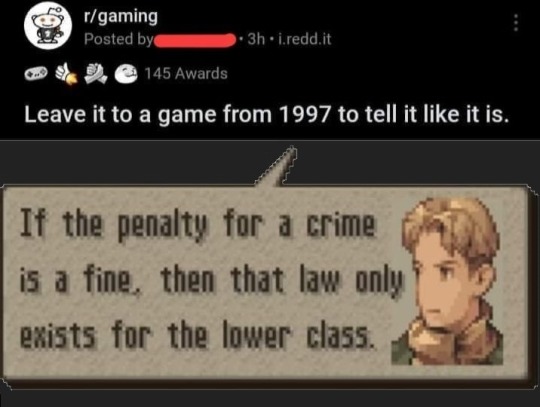
10 notes
·
View notes
Text
I’m very sick without health insurance in the United States… if any of you know home remedies for pneumonia please help.
#working class solidarity#class warfare#sick#home remedies#herbal#wellness#home medical equipment#herbalism#herbalist#homeopathy#doctors#medication#medical field#diy punk#crust punk#disabled#class disparity#send help#please help#self help#poverty#important#lgbtq#lgbtqia#young artist#artists on tumblr#art#I’m trying to reach out in any way I can#i’m just a girl
3 notes
·
View notes
Text
"Unveiling the Depths of the Soul: A Profound Exploration of 'Jane Eyre: An Autobiography' by Charlotte Brontë"
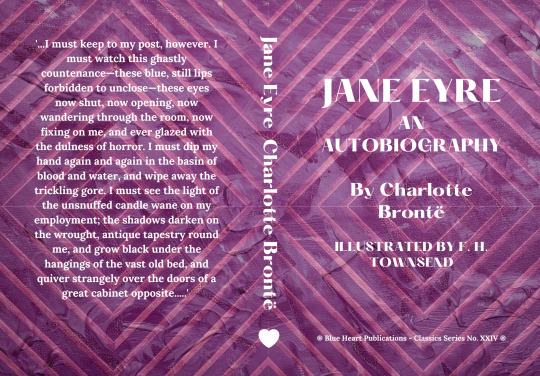
Charlotte Brontë's "Jane Eyre: An Autobiography" is an enduring literary masterpiece that transcends the boundaries of time and genre. As I immersed myself in the hauntingly beautiful narrative, I was captivated by Brontë's ability to craft a compelling story that delves into the complexities of love, identity, and societal expectations.
The title itself, "Jane Eyre: An Autobiography," sets the stage for a deeply personal and introspective journey. The novel unfolds as a first-person narrative, allowing readers a direct glimpse into the innermost thoughts and emotions of the protagonist, Jane Eyre. Brontë's decision to frame the story as an autobiography adds an intimate layer to the narrative, creating a profound connection between the reader and the resilient, independent, and fiercely intelligent Jane.
The novel begins with Jane's tumultuous childhood, marked by abuse and neglect at the hands of her aunt and cousins. Brontë paints a vivid picture of Jane's resilience and thirst for knowledge, setting the stage for a character who defies societal expectations and challenges the limitations placed upon her by her gender and social class. Jane's journey from the oppressive Lowood School to her position as a governess at Thornfield Hall is a testament to her indomitable spirit.
One of the most compelling aspects of "Jane Eyre" is the complex and evolving relationship between Jane and Mr. Rochester. Their connection is not a conventional fairy tale romance; rather, it is a nuanced exploration of love that transcends physical appearances and societal norms. Mr. Rochester, a brooding and enigmatic figure, becomes a symbol of Jane's struggle for autonomy and equality in a society that seeks to confine her to predetermined roles.
Brontë's prose is both eloquent and evocative, creating a rich tapestry of emotions and imagery. The novel's atmospheric descriptions contribute to the Gothic undertones, particularly as Jane navigates the mysterious corridors of Thornfield Hall and confronts the secrets concealed within its walls. The vivid landscapes and settings mirror the emotional landscapes of the characters, adding depth and resonance to the narrative.
Beyond the central love story, "Jane Eyre" grapples with profound themes of morality, religion, and the search for identity. Jane's moral compass is unwavering, and her internal conflicts with societal expectations and her own sense of right and wrong provide thought-provoking reflections on the human condition. The novel also addresses issues of class disparity, gender roles, and the constraints imposed on women in the 19th century.
In conclusion, "Jane Eyre: An Autobiography" is a literary tour de force that continues to captivate readers with its timeless themes and complex characters. Brontë's exploration of love, independence, and societal critique is as relevant today as it was in the Victorian era. As I closed the final pages, I marveled at the enduring power of Jane Eyre's story and the indelible mark it has left on the landscape of classic literature.
Charlotte Brontë's "Jane Eyre: An Autobiography" is available in Amazon in paperback 17.99$ and hardcover 25.99$ editions.
Number of pages: 476
Language: English
Rating: 8/10
Link of the book!
Review By: King's Cat
#Charlotte Brontë#Jane Eyre#Autobiographical novel#Victorian literature#Gothic romance#Strong female protagonist#Social critique#Love and independence#Mr. Rochester#Thornfield Hall#Gender roles#Morality and ethics#Resilience#Lowood School#Orphan narrative#Autonomy#Identity search#Class disparity#Governess role#Gothic elements#Enigmatic characters#Atmospheric descriptions#Internal conflicts#Feminist themes#Unconventional romance#Literary symbolism#Bildungsroman#Religion in literature#Psychological depth#Social norms
2 notes
·
View notes
Text
"Unveiling the Depths of the Soul: A Profound Exploration of 'Jane Eyre: An Autobiography' by Charlotte Brontë"

Charlotte Brontë's "Jane Eyre: An Autobiography" is an enduring literary masterpiece that transcends the boundaries of time and genre. As I immersed myself in the hauntingly beautiful narrative, I was captivated by Brontë's ability to craft a compelling story that delves into the complexities of love, identity, and societal expectations.
The title itself, "Jane Eyre: An Autobiography," sets the stage for a deeply personal and introspective journey. The novel unfolds as a first-person narrative, allowing readers a direct glimpse into the innermost thoughts and emotions of the protagonist, Jane Eyre. Brontë's decision to frame the story as an autobiography adds an intimate layer to the narrative, creating a profound connection between the reader and the resilient, independent, and fiercely intelligent Jane.
The novel begins with Jane's tumultuous childhood, marked by abuse and neglect at the hands of her aunt and cousins. Brontë paints a vivid picture of Jane's resilience and thirst for knowledge, setting the stage for a character who defies societal expectations and challenges the limitations placed upon her by her gender and social class. Jane's journey from the oppressive Lowood School to her position as a governess at Thornfield Hall is a testament to her indomitable spirit.
One of the most compelling aspects of "Jane Eyre" is the complex and evolving relationship between Jane and Mr. Rochester. Their connection is not a conventional fairy tale romance; rather, it is a nuanced exploration of love that transcends physical appearances and societal norms. Mr. Rochester, a brooding and enigmatic figure, becomes a symbol of Jane's struggle for autonomy and equality in a society that seeks to confine her to predetermined roles.
Brontë's prose is both eloquent and evocative, creating a rich tapestry of emotions and imagery. The novel's atmospheric descriptions contribute to the Gothic undertones, particularly as Jane navigates the mysterious corridors of Thornfield Hall and confronts the secrets concealed within its walls. The vivid landscapes and settings mirror the emotional landscapes of the characters, adding depth and resonance to the narrative.
Beyond the central love story, "Jane Eyre" grapples with profound themes of morality, religion, and the search for identity. Jane's moral compass is unwavering, and her internal conflicts with societal expectations and her own sense of right and wrong provide thought-provoking reflections on the human condition. The novel also addresses issues of class disparity, gender roles, and the constraints imposed on women in the 19th century.
In conclusion, "Jane Eyre: An Autobiography" is a literary tour de force that continues to captivate readers with its timeless themes and complex characters. Brontë's exploration of love, independence, and societal critique is as relevant today as it was in the Victorian era. As I closed the final pages, I marveled at the enduring power of Jane Eyre's story and the indelible mark it has left on the landscape of classic literature.
Charlotte Brontë's "Jane Eyre: An Autobiography" is available in Amazon in paperback 17.99$ and hardcover 25.99$ editions.
Number of pages: 476
Language: English
Rating: 8/10
Link of the book!
Review By: King's Cat
#Charlotte Brontë#Jane Eyre#Autobiographical novel#Victorian literature#Gothic romance#Strong female protagonist#Social critique#Love and independence#Mr. Rochester#Thornfield Hall#Gender roles#Morality and ethics#Resilience#Lowood School#Orphan narrative#Autonomy#Identity search#Class disparity#Governess role#Gothic elements#Enigmatic characters#Atmospheric descriptions#Internal conflicts#Feminist themes#Unconventional romance#Literary symbolism#Bildungsroman#Religion in literature#Psychological depth#Social norms
5 notes
·
View notes
Text
Appalachian Awakening
The details…
Title: Appalachian Awakening
Author: Nance Sparks
Publisher: Bold Strokes Books
Publication date: January 16, 2024
Available formats: ebook, paperback
Digital file size: 1414 KB
Print length: 240 pages
Genre: contemporary romance
Themes: women loving women, class disparity, friendship, adventure, hiking, camping, self-discovery, love, personal growth, the beauty of nature,…
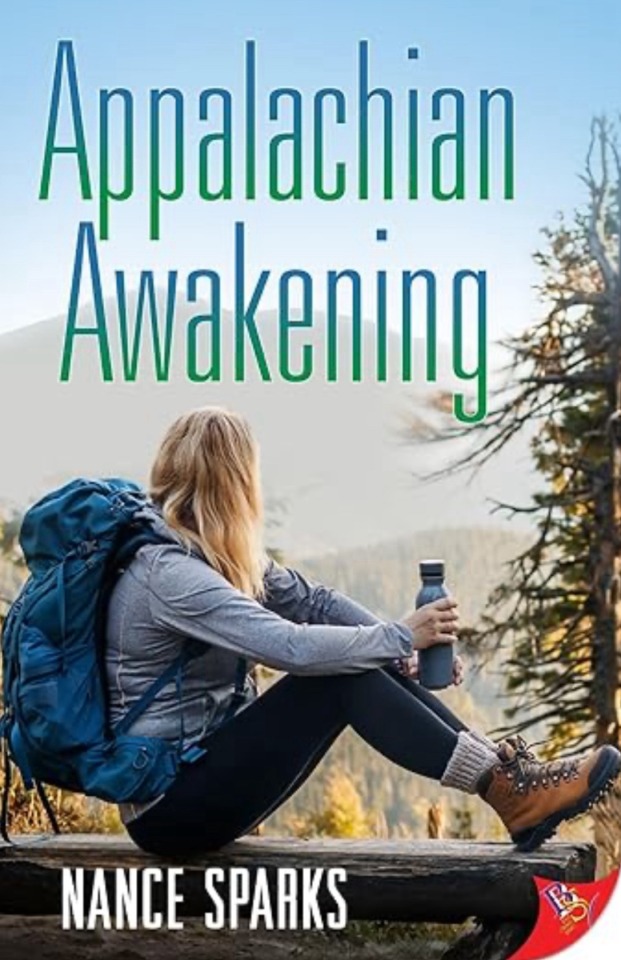
View On WordPress
#adventure#Bold Strokes Books#camping#class disparity#community#contemporary romance#endurance#friends-to-lovers#friendship#hiking#Lesbian Fiction#Lesbian Romance#love#Nance Sparks#opposites-attract#personal growth#reflection#rich girl/poor girl#romance#self-actualization#self-awareness#self-discovery#the Appalachian Trail#the beauty of nature#women loving women
2 notes
·
View notes
Text

,, and that is why i say write on paper to start : because your data could easily be hacked or deleted ::; ----just as with paper books vs. digital books : there is something more permanent about a physical book ; and special about paper ::::----and it is just easier to;,; do different fonts and sizes and draw pictures , diagrams , art , make editorial notes in margins and more 🙂 ,
#marxism#socialism#communism#karl marx#humansoflatecapitalism#democratic socialism#capitalism#marxism leninism#ashley marx#creative writing#creative business#creative blog#creative art#drawinyourstyle#digital writing#class disparity#dialectics
2 notes
·
View notes
Text

Ash Sarkar on the money as always.
26 notes
·
View notes
Text
Movie Analysis and Review: "Modern Times" (1936)
In Charlie Chaplin’s “Modern Times” (1936), a timeless masterpiece of silent cinema, the narrative unfolds with poignant social commentary, humor, and profound insight into the human condition amidst the industrial revolution. Farid M. H. Sadeqi’s detailed analysis captures the essence of Chaplin’s critique of modern society and its impact on individuals, particularly the working class.
Opening…
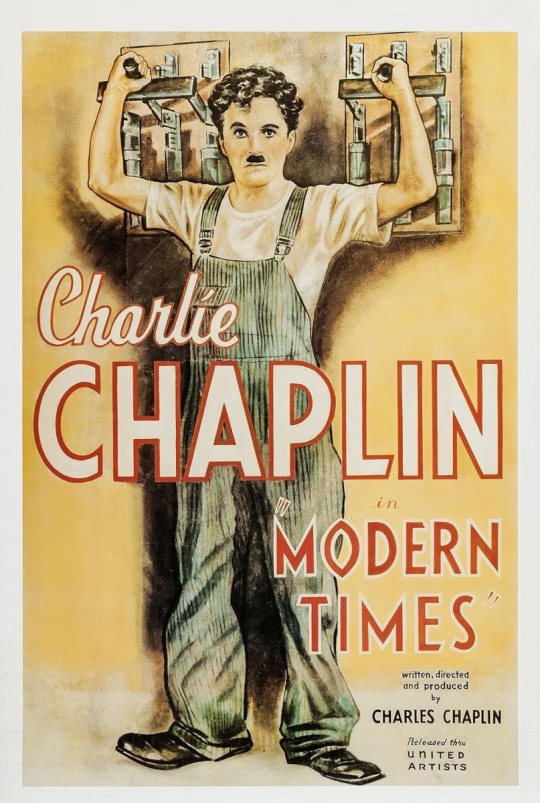
View On WordPress
#Adversity#Charlie Chaplin#Cinematic Genius#Class Disparity#Comedy#Critique#Cultural Significance#Farid M. H. Sadeqi#Farid Sadeqi#Film Review#Freedom#Hosein Tolisso#Human Dignity#Human Spirit#Humanity#Industrialization#Modern Times#Mohammad Hosein Sadeqi#Movie Analysis#Oppression#Pathos#Poverty#Resilience#Silent Cinema#Social Commentary#Social Critique#Social Injustice#Storytelling#Technological Progress#Working Class
1 note
·
View note
Text
Parasite: Who Is the Real Parasite?
This review was intended for Release in 2019, shortly after we saw the film. We contemplated deleting it and letting this mistake pass after so long siting in the drafts folder, but in light of the recent passing of Lee Sun-kyun on December 27 of last year, we decided this review would serve as an informal trubute. Rest in peace, and thank you for bearing your soul to the world so that we could…

View On WordPress
#award-winning films#bong joon ho#cinematic exploration#class conflict#class disparity#Film Analysis#film critique#film narrative#international cinema#Lee Sun-kyun tribute#melancholic endings#moral ambiguity#Parasite film review#poverty in film#Snowpiercer#social commentary#societal critique#societal dynamics#South Korean cinema#thought-provoking cinema
0 notes
Link
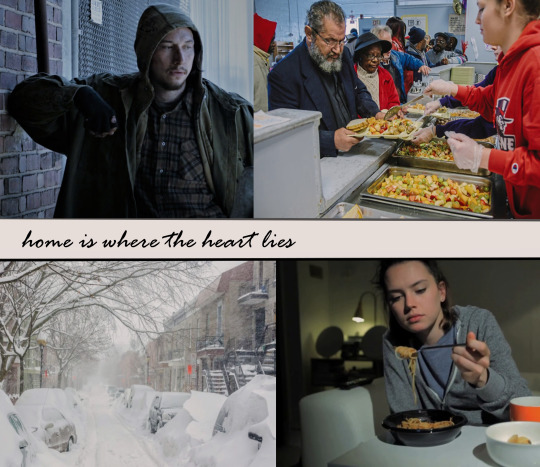
Chapters: 9/9
Fandom: No Fandom, Original Work, Reylo Modern-AU
Rating: Mature
Warnings: No Archive Warnings Apply
Summary:
Rachel Johnson is a college student that gets in trouble and is sentenced to 60hrs community service in a soup kitchen. A new class of people is revealed to her through the work, and in particular through a budding relation with one war vet. Montreal, Winter 2007-08.
External image
0 notes
Text
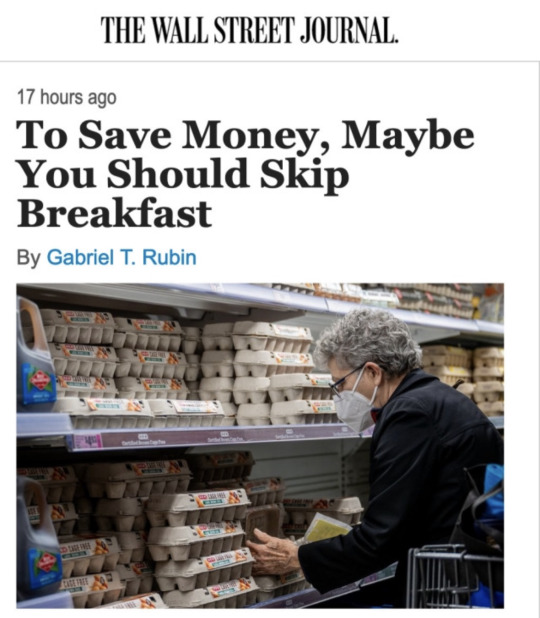
You know, this reminds me of something

Ah, yes.
#troglodyte thoughts#free range sustainable shitpost#eat the rich#poverty#economy#wages#politics#wall street journal#marie antoinette#wage disparity#class warfare
1K notes
·
View notes
Text

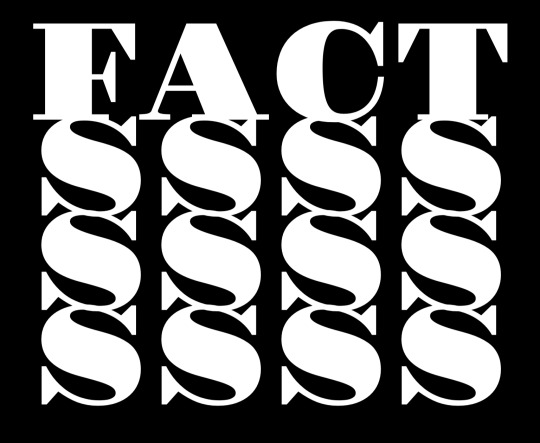
#homelessness#social mobility#wealth gap#media manipulation#millionaire#economic disparity#income inequality#class consciousness#working class#brainwashing#class status#social inequality#wealth distribution#billionaire#social stratification#economic mobility
51 notes
·
View notes
Text
Tavros: yESTERDAY I WAS TAKING A GUEST’S ORDER
Tavros: aND THEY WERE STARING AT THE MENU AND THE QUESTION THEY ASKED STUNNED ME INTO SILENCE AND HAS BEEN BURNED INTO MY BRAIN FOR LIFE
Tavros: aND i WILL PRESENT IT TO YOU VERBATIM TODAY, tHEY LOOKED AT THE MENU AND TURNED TO ME AND ASKED “so like, the more wwe get, the more expensivve it is? is that howw it wworks?”
#homestuck#incorrect homestuck quotes#tavros nitram#eridan ampora#mod terezi#class disparity is only funny in fiction
64 notes
·
View notes
Text

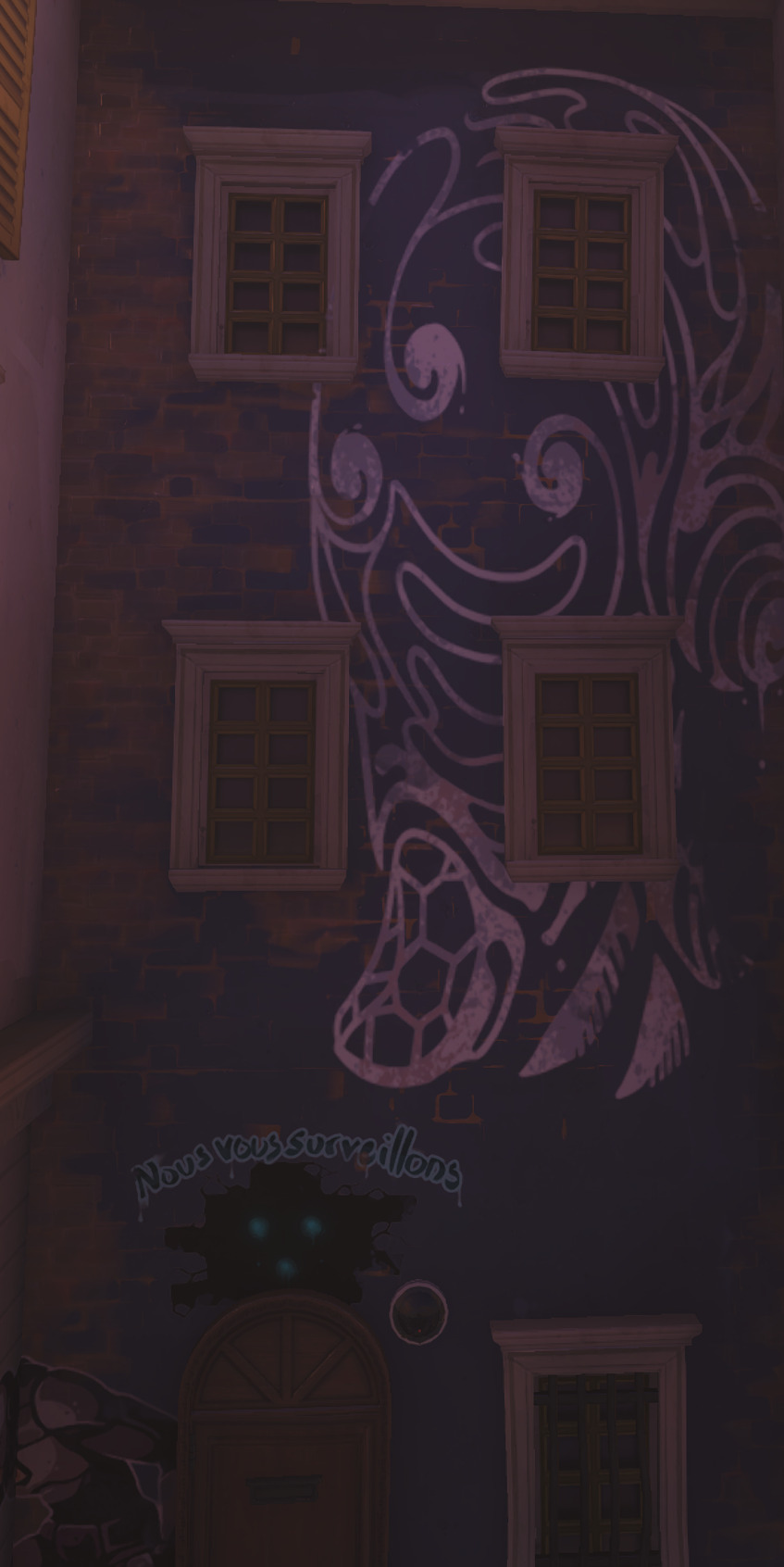

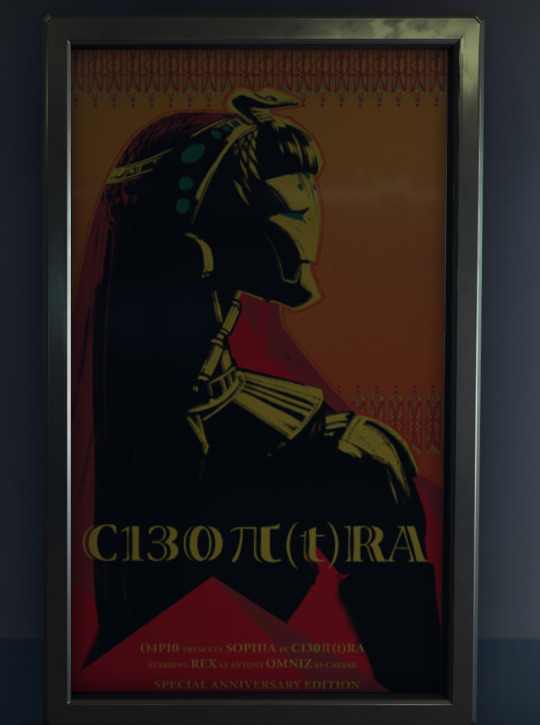
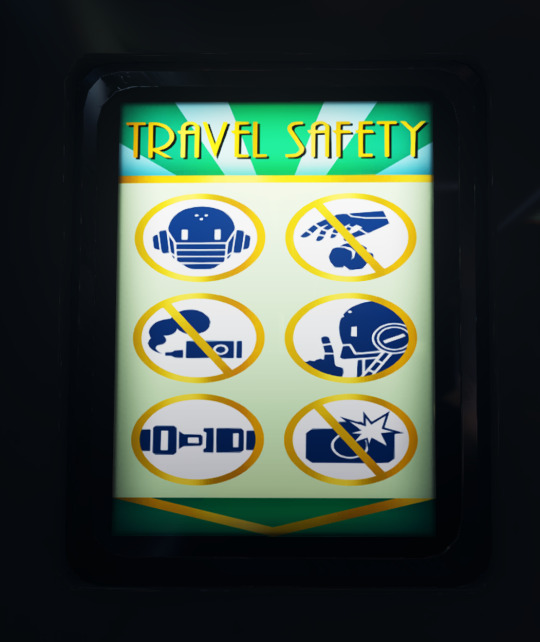

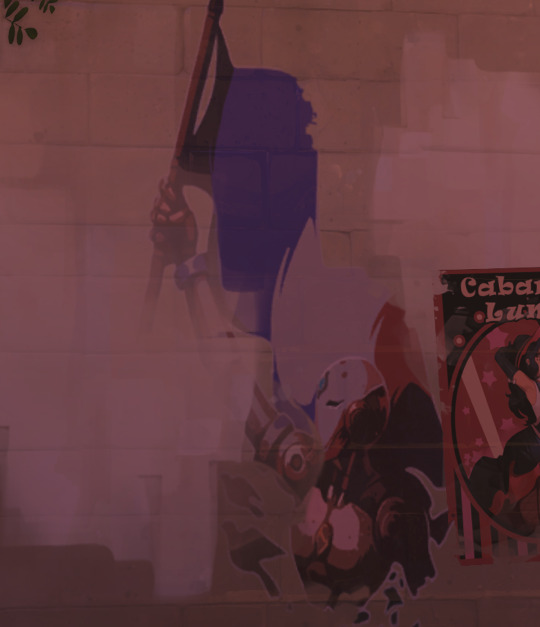
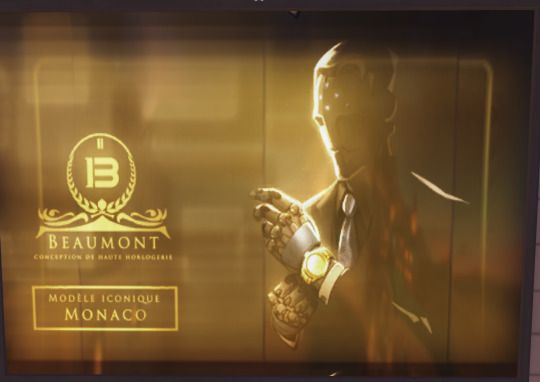



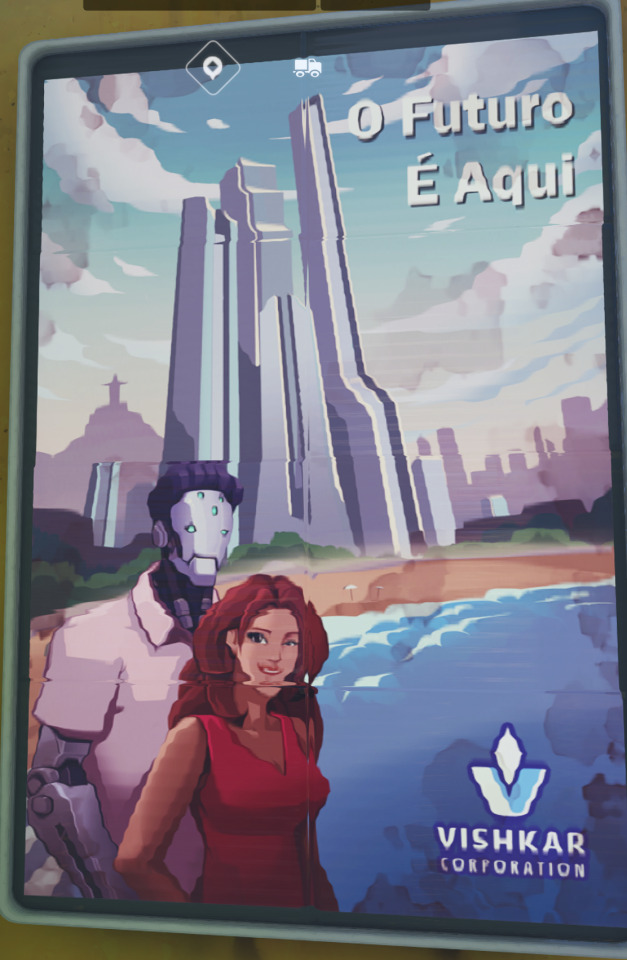
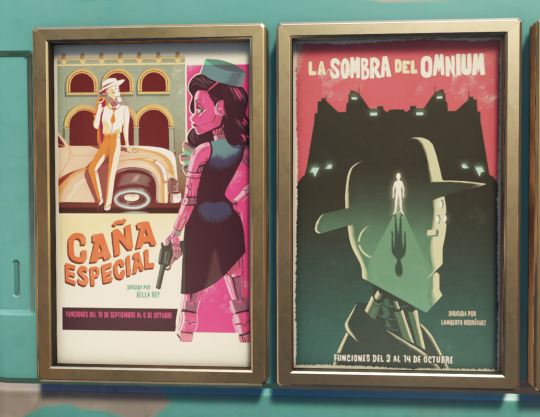
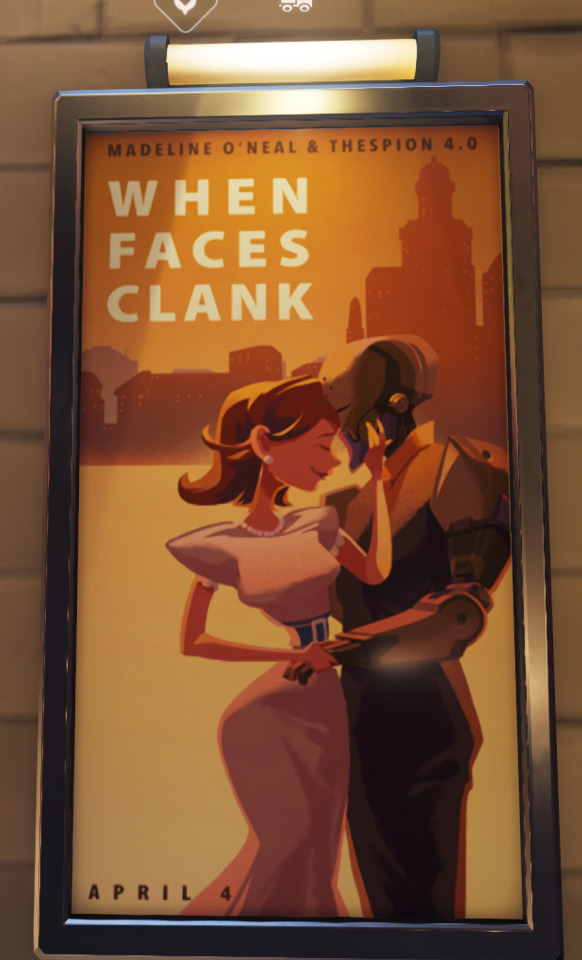
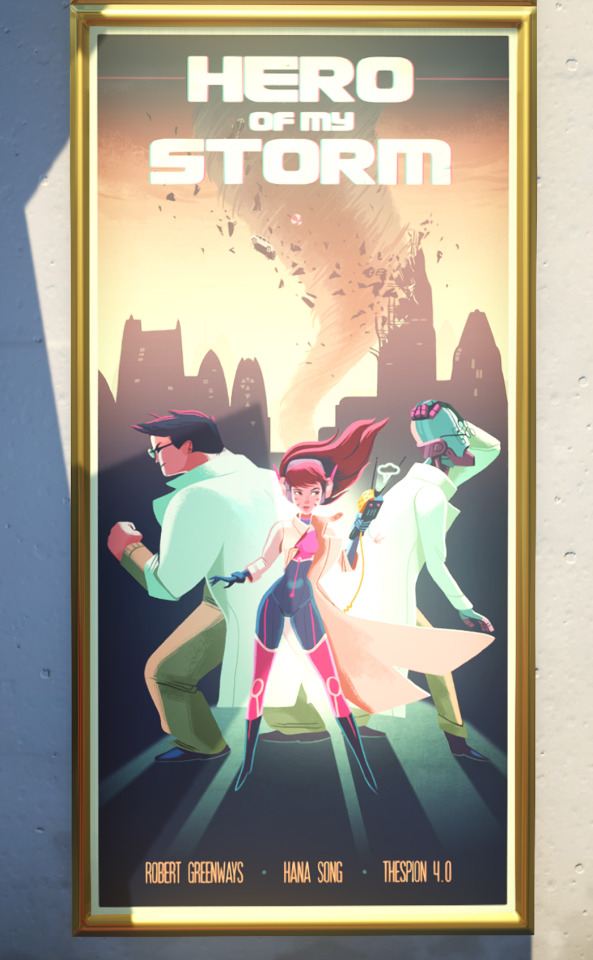
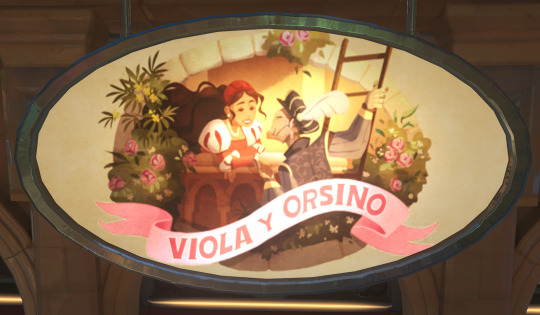
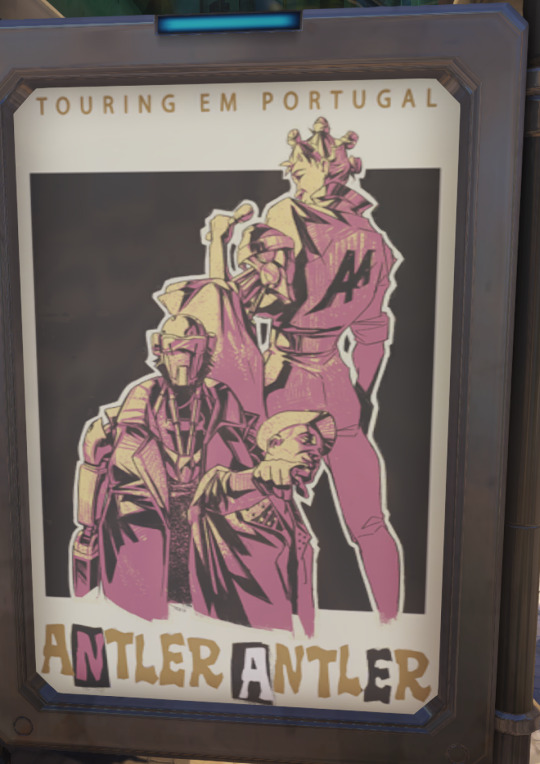
Some screenshots I took for omnic references while looking around in some maps.
#text#There's more screenshots I took but I can't upload them for some reason?#Anyways it's very interesting to see a class disparity between omnics. Something I noticed with Midtown is that they changed a lot of the -#- poster assets in the subway during the beta with different ones (I'll try to find some images later)#And obviously things change and it's obviously the beta but a lot of the replaced ads were omnic oriented.#I'm really curious to about some of the omnic statues in the monastery - especially the one in the first pic.#Forever wondering if the dev team will ever address that room in the Paris map at some point (or if it relates to a certain character)#Also Thespion 4.0 seems to be constantly changing in terms of design in every poster he's in.#I can't type consistently I have a new thought every sentence I finish - my bad lol.
175 notes
·
View notes
Text
I drew Dante as a catboy

#a very productive latin class#he’s sitting among my notes now#i love the disparity between the stuff i reblog and the stuff i post#doodle#8:11#811 game#8:11 dante#dante basilio#8:11 fanart#i dont even like him that much but i find him very silly and i think it would be funny if he wore one of those femboy cat masks
49 notes
·
View notes